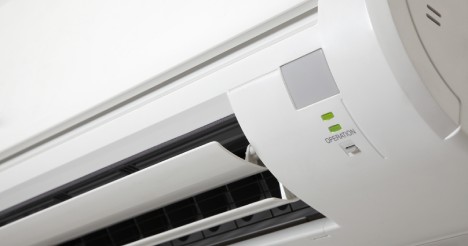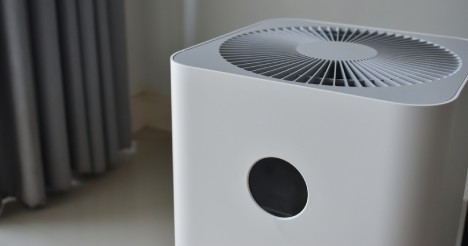What is BTU? Understanding British Thermal Units
BTU is a common specification listed on heaters and air conditions, but what is BTU? Get that answer and everything else you need to know about energy and heat with respect to these units, right here.
Maintaining a good quality and comfort level in your home is important. From air conditioning to heating, pir purifying to dehumidifying - we cover it all.

Taking care of your HVAC system can seem like a full-time job, but that doesn't mean you have to hire it out to a professional. Let our helpful how-to guides make maintaining and improving your system easier so you can save money and time.

Explore expert reviews, guides, and tips on heating and cooling devices, including air conditioners, heaters, fans, and smart climate solutions. Enhance home comfort with energy-efficient options and innovations tailored for year-round temperature control and improved indoor air quality.

Discover air quality products like air purifiers, dehumidifiers, and humidifiers. Find expert insights, product reviews, and tips to improve indoor air, reduce allergens, control humidity, and create a healthier, more comfortable living environment for your home.
BTU is a common specification listed on heaters and air conditions, but what is BTU? Get that answer and everything else you need to know about energy and heat with respect to these units, right here.
Whole house dehumidifiers can do nearly as much as an AC to keep you cool in some climates, but are they worth the money? We’ll walk you through the pros and cons of these appliances and help you decide if this purchase is right for you in this helpful guide.
Maximize the heat performance or output of your fire pit, wood stove, or fireplace by using the right type of firewood. In this article, we’ll go through the best types of firewood, as well as the ones you should avoid. Read now.
Not all fireplaces are built the same. Some are purely for decoration, while others provide ample heat to warm the entire house. In this article, we’ll go through all the different types of fireplaces, how they work, their costs, and more.
Enhance your home with the Morento Smart Air Purifier. Covers 1,076 sq ft, filters 99.97% of particles. Full review here.
Looking for a dehumidifier to use in the bedroom or living room that won’t keep you up or disturb movie night? We’ve reviewed and ranked the top 5 best quiet dehumidifiers so you can find the right unit to meet your needs.